Universities grappling with mandatory COVID-19 vaccines issue as fall return to campus approaches
Most universities say they will follow local public health guidelines and are strongly encouraging staff and students to get vaccinated.
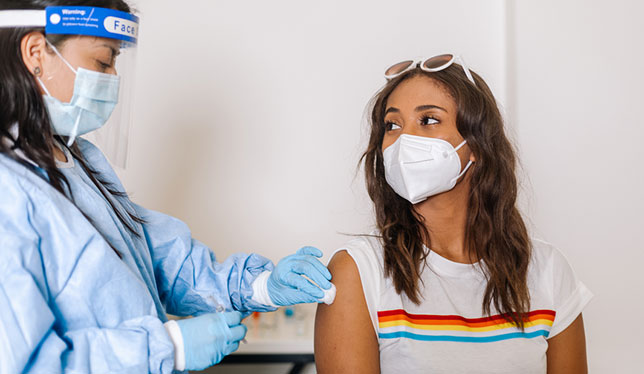
As universities continue to plan for a variety of scenarios for the fall semester, many are grappling with the issue of whether they should, or can, make COVID-19 vaccines mandatory for anyone coming to campus.
In April, the University of Saskatchewan faculty association called on the university to make vaccinations mandatory for anyone setting foot on campus as of Sept. 1.
“We have been not allowed on campus, except when we make special applications to be there, for 14 months. It seems to us to be premature not to have something like [mandatory vaccinations] in place,” said Allison Muri, an English professor who chairs the university’s faculty association.
She added that while the university has done a good job of dealing with the pandemic, “inviting all those people back to campus without having them being fully vaccinated could be terribly problematic.”
The university is seeing it differently.
“At this time, public health authorities across Canada are not making vaccination mandatory, and USask is not planning to make COVID-19 vaccinations mandatory for students, faculty, staff and others attending our campuses for September 2021,” said Darcy Marciniuk, chair of USask’s pandemic response and recovery team.
He added the university strongly recommends everyone gets vaccinated when eligible.
“Over the course of the pandemic, there have been very few incidents of transmission on our campuses,” he added.
The rift at Saskatchewan’s largest university mirrors to some extent a similar dynamic playing out at universities elsewhere in Canada in their bid to contain COVID-19 while trying to re-establish a sense of normalcy badly damaged by the pandemic.
That process could take some time.
Three hours south, down Highway 11, the University of Regina also said in a statement that it won’t be making vaccines mandatory. It said it is strongly encouraging staff and students to get vaccinated while it plans to reopen campus gradually this fall, with a mix of online and in-person classes.
A spokesperson at the University of Toronto said that it, alongside all other postsecondary institutions in Ontario, are still considering the best approach to vaccination.
“We are working closely with the guidance of the province when it come to health and safety requirements in coming to any decisions,” the spokesperson said.
For its part, McGill University said in a statement that it “does not currently anticipate requiring proof of vaccination to come in the fall.”
A lighter approach
The University of Lethbridge, meanwhile, is taking a lighter approach. To encourage students to get vaccinated, it is offering a chance to win free tuition and fees for up to nine students who have received the jab. Other prizes in the contest – known as It’s Worth A Shot! – include free gift certificates at the campus bookstore. The university plans to run a similar contest for faculty and staff to proactively promote vaccinations.
“Having as high a level of vaccinations as possible is the thing that will get us through the pandemic and to be able to open up. There are certainly some folks who have some concerns about coming back as they are particularly worried about there not being a high enough rate of vaccination,” said University of Lethbridge president and vice-chancellor Mike Mahon.
“We know that students are desperate to be back on campus,” he added, pointing to the desire for in-person learning and for greater social experiences.
Getting students back on campus will also help counteract an increase in mental health issues, he said.
Access to vaccinations
However, some students remain concerned that perhaps not enough is being done. Canadian Federation of Students treasurer Marie Dolcetti-Koros said that institutions have to follow public health guidelines and be proactive and transparent in order to protect students, faculty and staff. “This includes preparing for further remote learning if necessary,” she said.
The University of King’s College student added that the federation wants every student coming to a university campus to have access to vaccinations if they want one and for there to be flexible attendance policies to accommodate students. That includes international students.
“We can’t leave anyone out or leave anyone behind,” she said.
Featured Jobs
- University LibrarianYukon University
- Creative and Cultural Industries - Assistant Professor (Fashion Studies and Cultures)Chapman University
- Research Chair in Systems Transformation and Family Justice (Faculty Position)University of Calgary
- Human Resources and Organizational Behaviour - Lecturer, 2-year termUniversity of Saskatchewan
- Architecture - Assistant ProfessorMcGill University

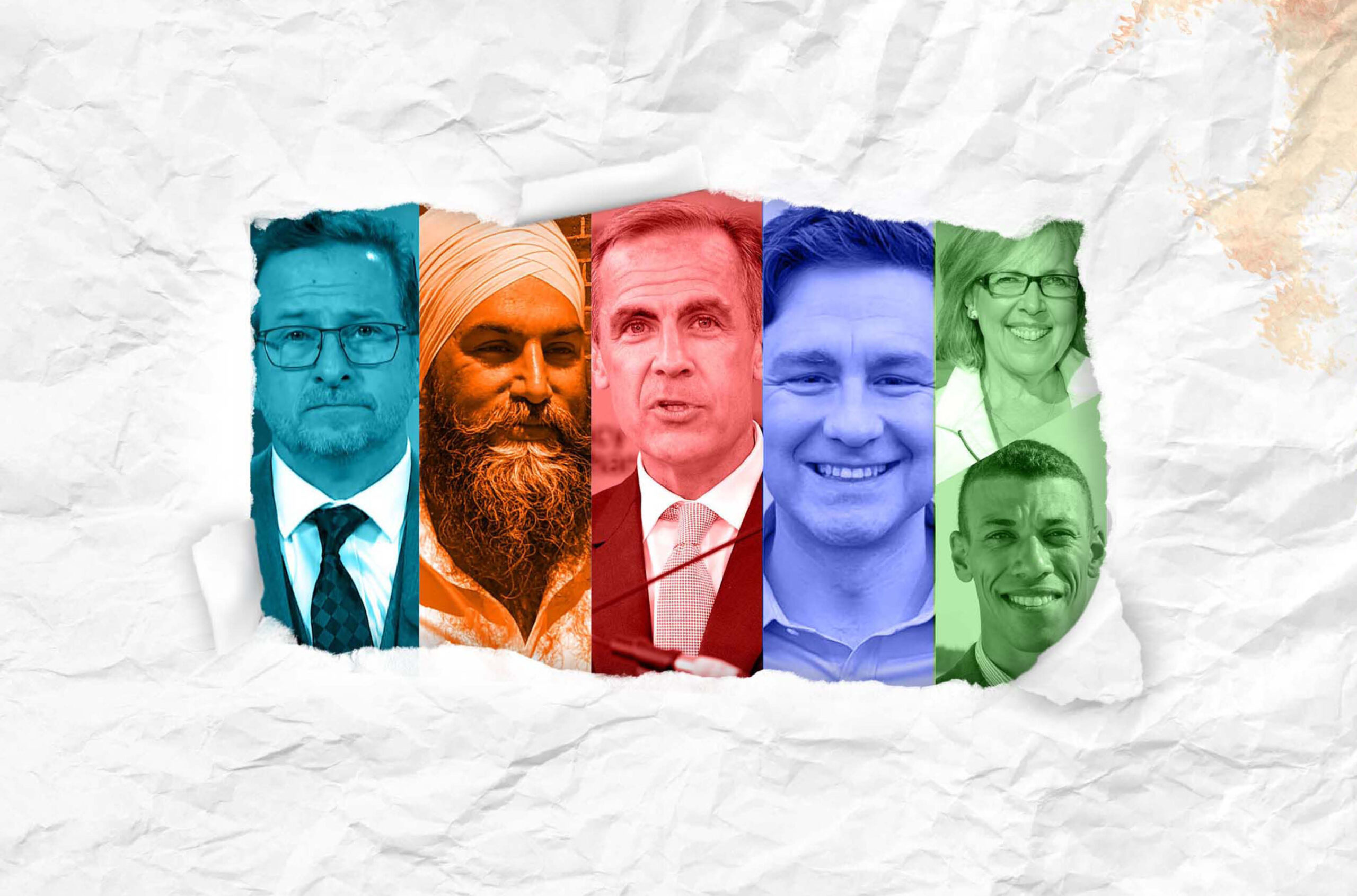
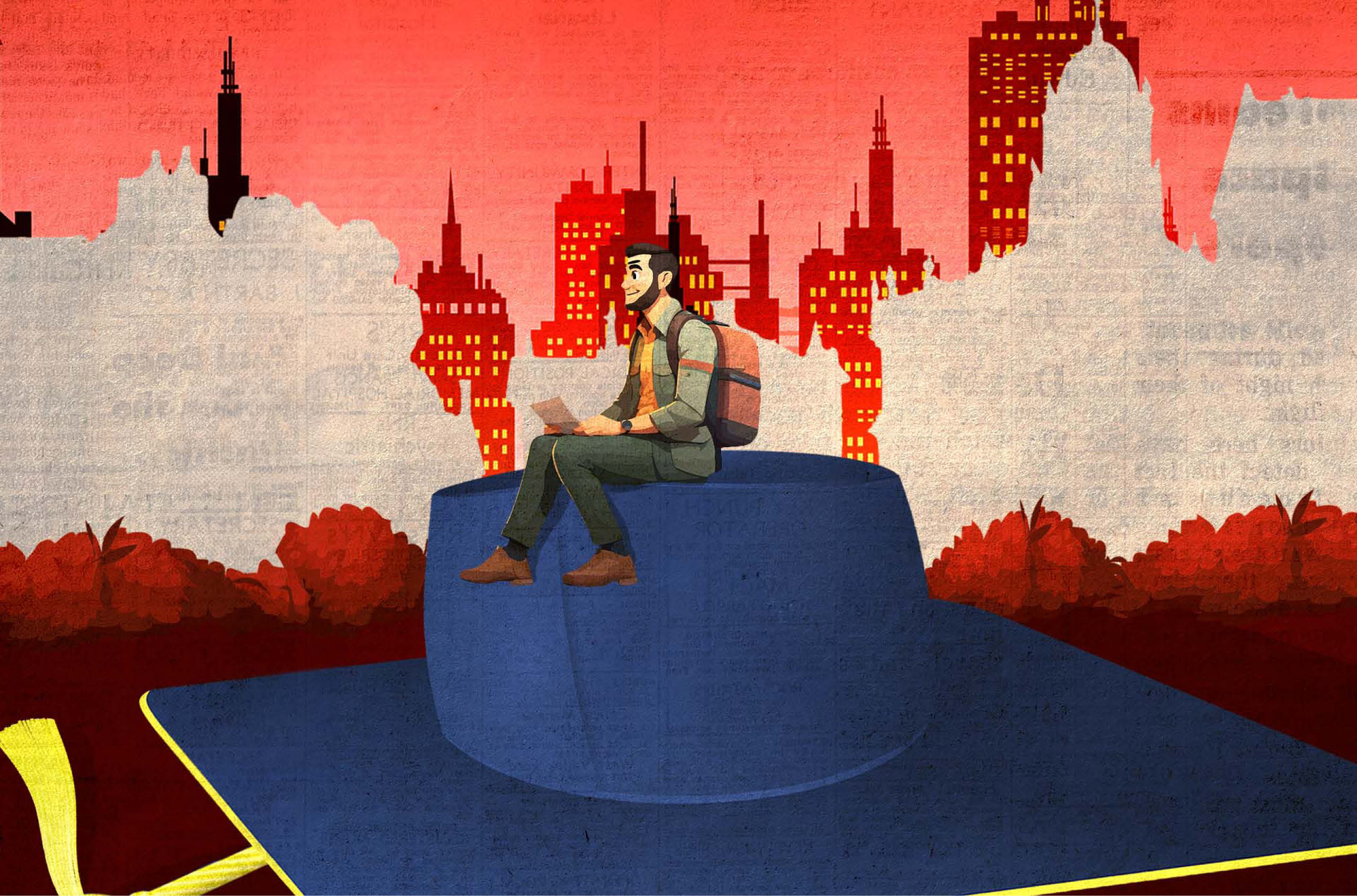
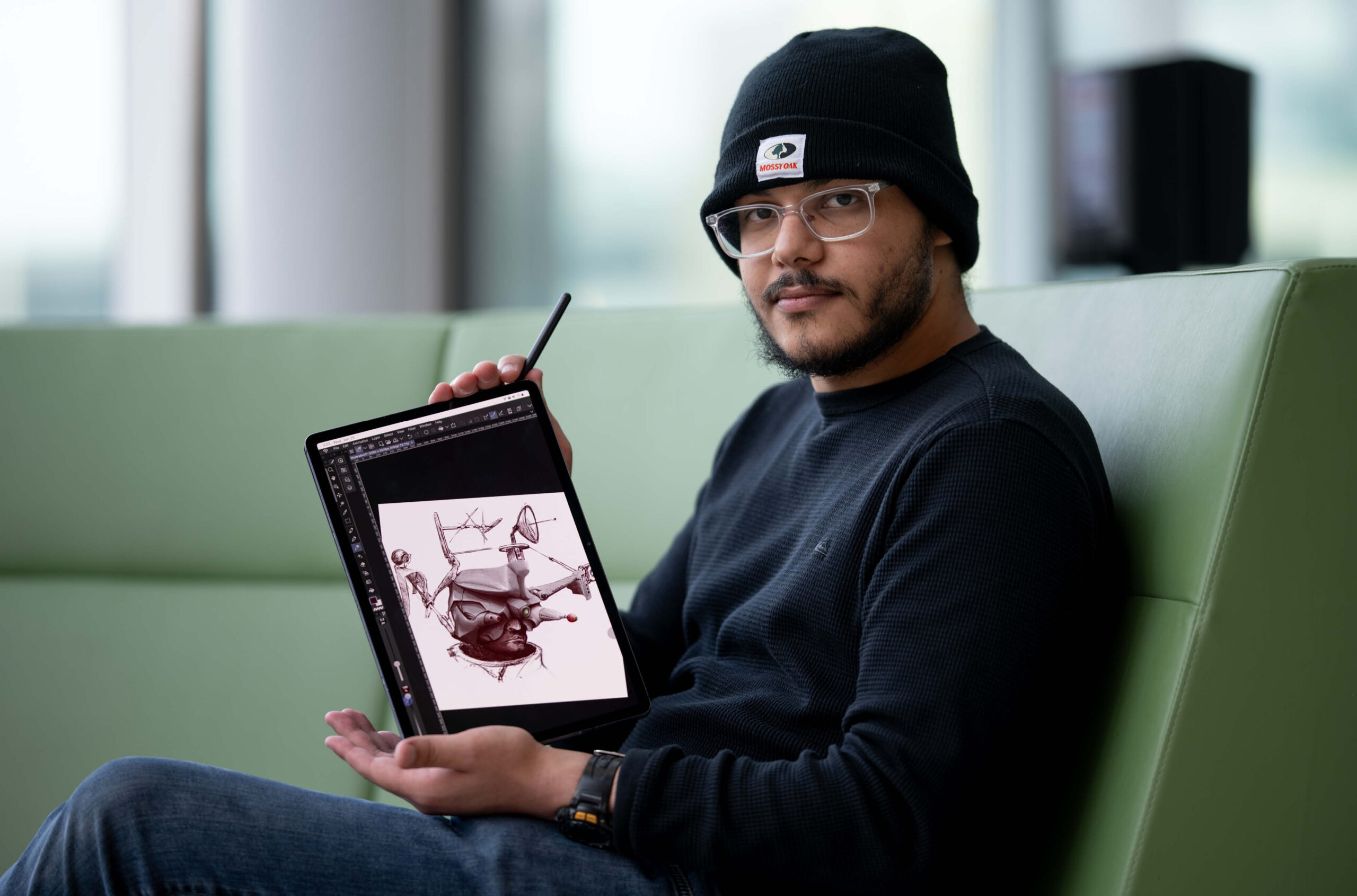


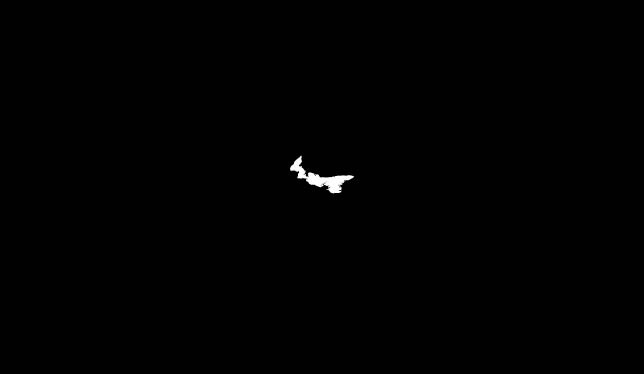
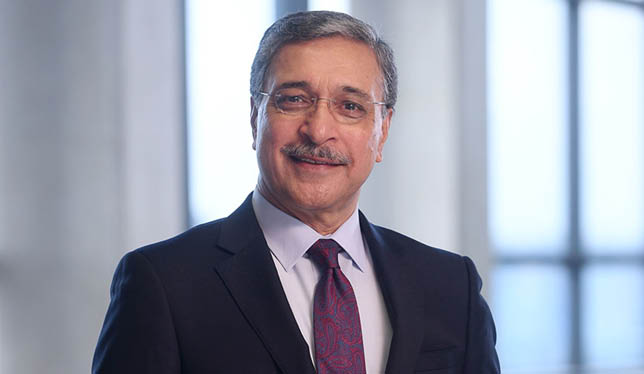
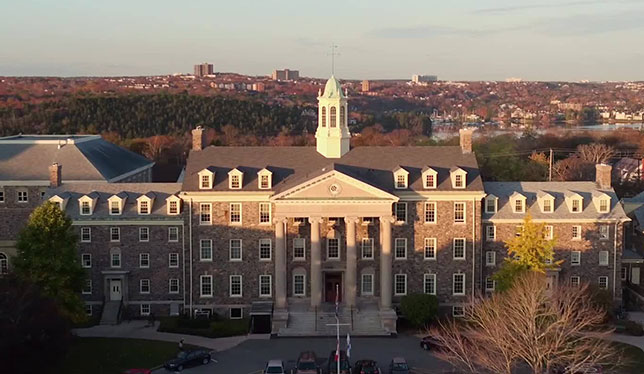

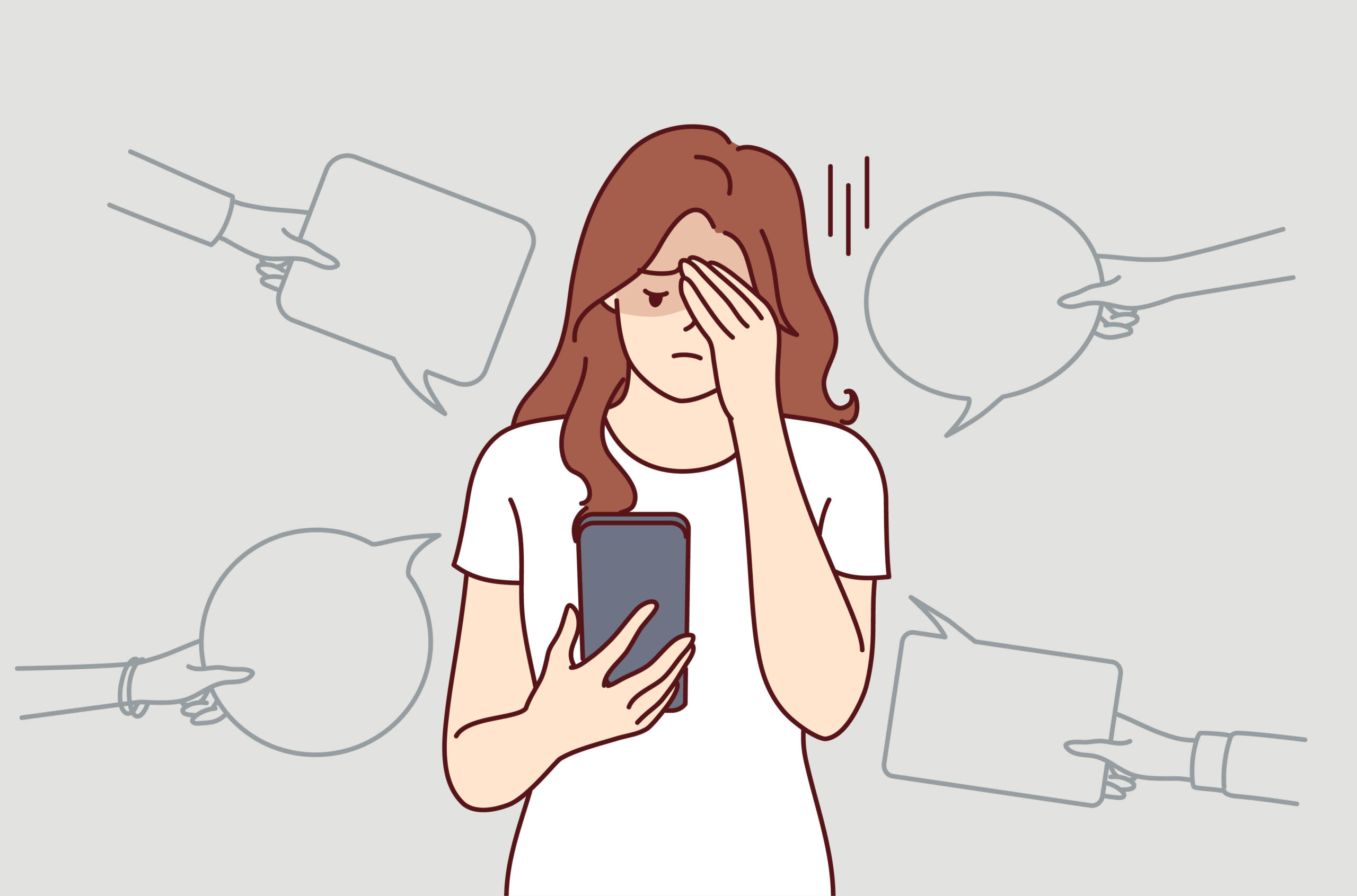
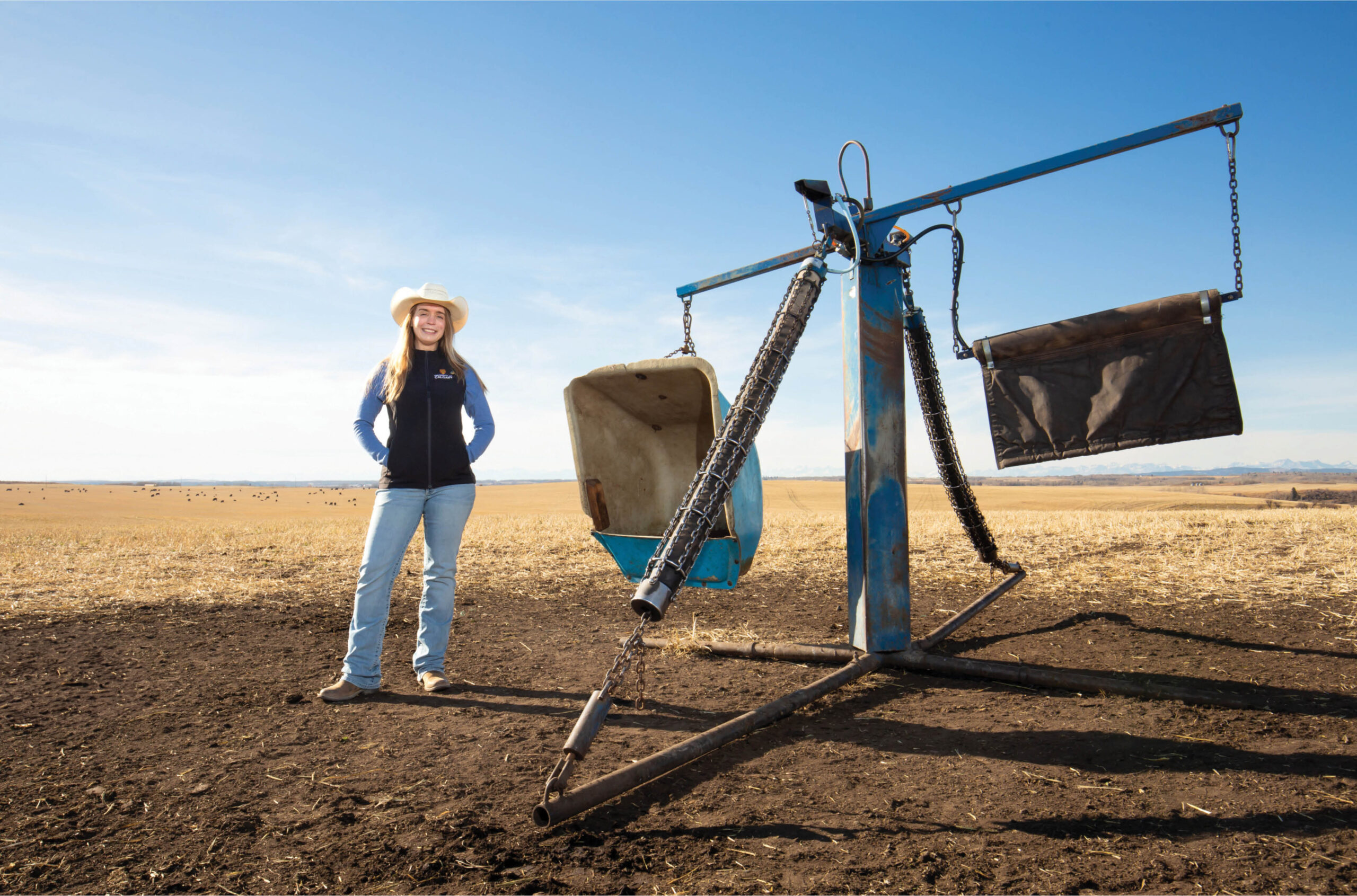
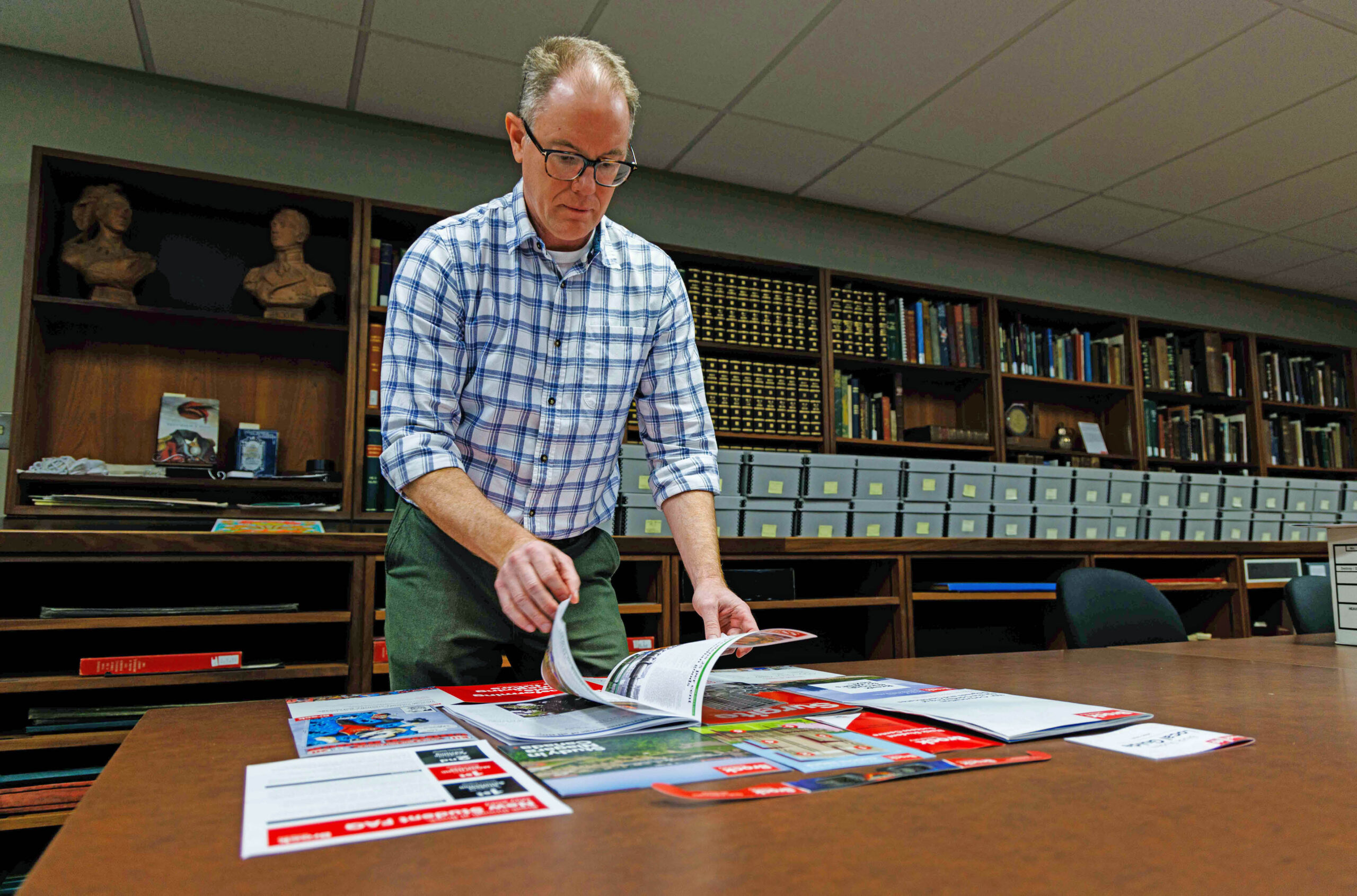
Post a comment
University Affairs moderates all comments according to the following guidelines. If approved, comments generally appear within one business day. We may republish particularly insightful remarks in our print edition or elsewhere.
2 Comments
Well written and informative article.
In principle every one wishing/ intending to be on Campus, here at USask, in Saskatoon….should take the vaccine, one plus the secondary-one needed by almost everyone. One hopes that the excuses for ‘no mask, and no vaccine’ would be less likely at an Academic situation… but USA examples indicate that extremes of behaviour can exist deeper than initial optimistic possibilities can be called upon for simple solutions … every University needs advisors who are knowledgeable in the science of COVID, and the levels of requirements that Unis [abbrev] rightly insist upon. My 50 yrs of Academic life, as ‘teacher/educator’ ; also in even measure ‘research in natural sciences’ enabling the nouns ‘Scientist’ and ‘Professor of XYZ’ e.g. ‘quantum string theory’ & ‘climate change north of Cambridge Bay’, are appropriate and expected.